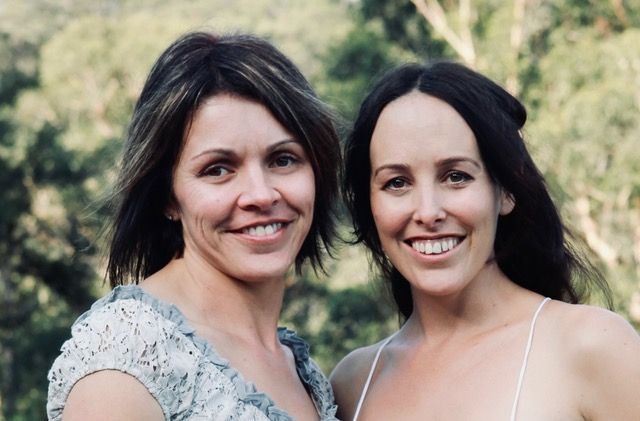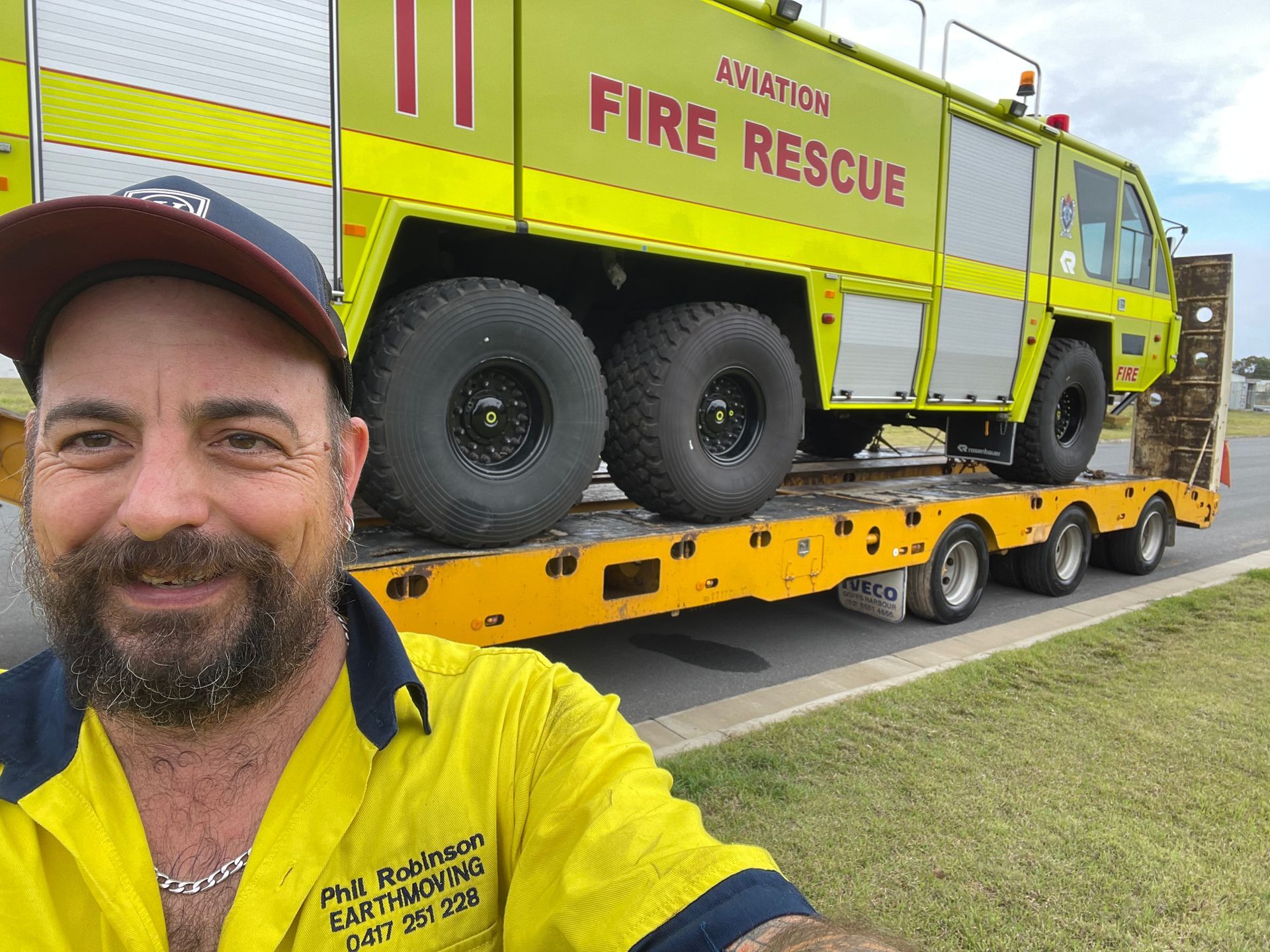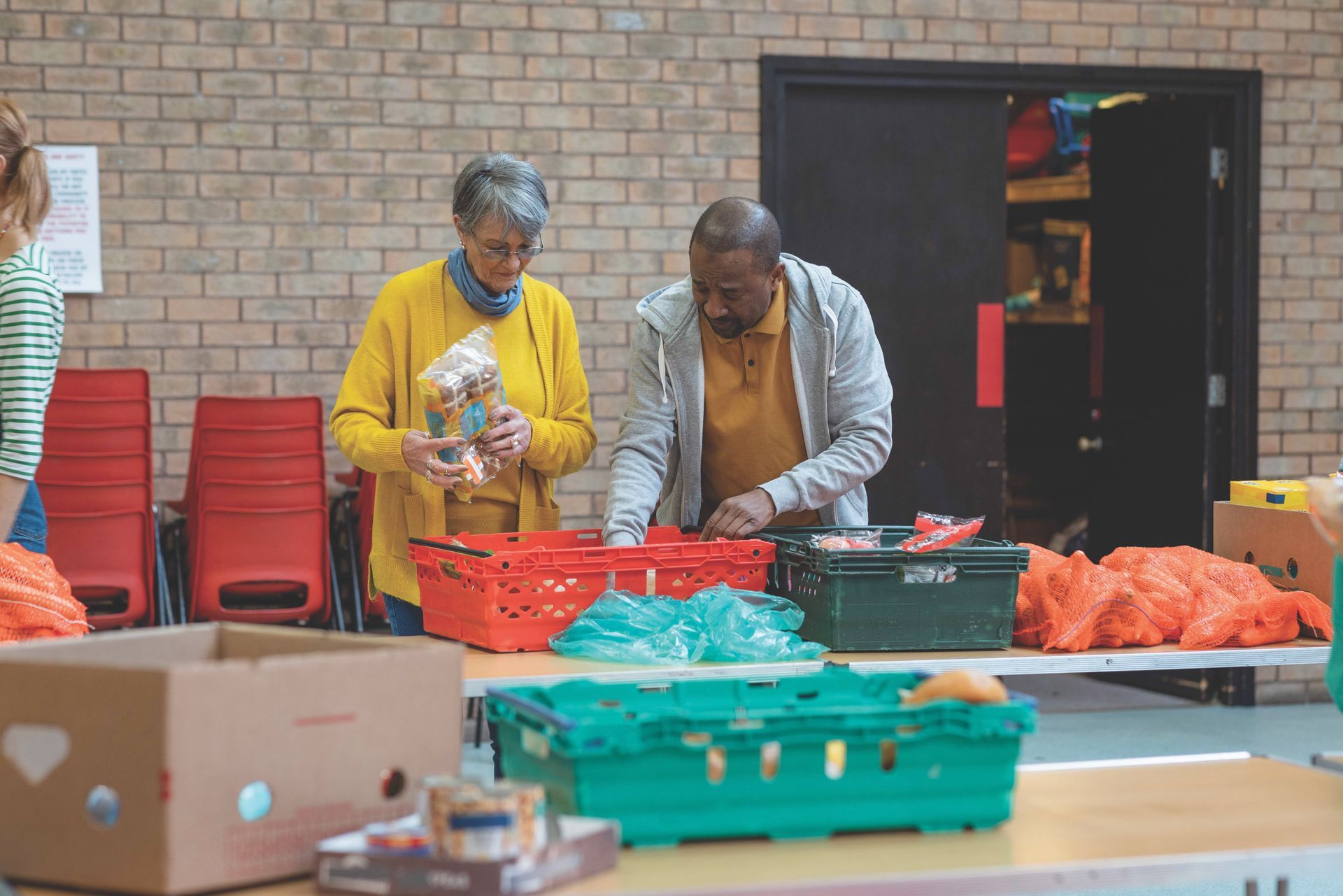How to access a mental health care plan
The Federal Government has announced that the number of Medicare-subsidised psychology sessions Australians can access each year is 10.
To access these sessions, people need a mental health care plan from their doctor. A mental health care plan is a support plan prepared by your doctor to help you get you the additional help and support you need to manage your mental health.

How can I or a loved one get a mental health care plan?
Book an appointment with your preferred doctor. If you’re supporting a loved one, you might offer to make the booking with them or go with them to and from the doctor.
When making the appointment let them know you want a mental health care plan, so you get enough time – usually around 20 minutes - with your doctor.
You may find the Australian Government’s healthdirect service useful if you need a doctor who bulk bills (just bring your Medicare card to the appointment), provides support after hours or specific services: www.healthdirect.gov.au/australian-health-services
What happens at the appointment?
Your doctor might ask you questions or get you to fill out a questionnaire to understand how you’re feeling and what support you might need. It’s important for you or your loved one to be as open and honest as you can so they can work out the best plan for you.
They may ask you to come back for a follow- up appointment before making the plan or referring you to a mental health professional.
If they think it’s the right decision, your doctor will refer you to a psychologist or an Accredited Mental Health Social Worker for up to six Medicare rebatable sessions. If there’s a lengthy wait time for an appointment with the professional your doctor is referring you to, ask them about other solutions. They might talk to you about other local services or video conferencing.
What if I need more sessions?
Once you hit the six sessions you can ask for more if you and your mental health professional think you need them.
You’ll need to book another appointment with your doctor to chat about your mental health treatment plan. They’ll assess you and be able to refer you for more rebatable sessions. For the next two years you’ll be able to have a maximum of 10 rebatable sessions in a calendar year. If you want to see your professional more than 10 times per year, you’ll have to pay the full fee out of your pocket.
You can find more tips for helping a loved one access a mental health care plan in this video: https://youtu.be/QJoOJshPO00
If you or your loved one are feeling overwhelmed or need immediate support you can contact Lifeline on 13 11 14 or the services at www.ruok.org.au/findhelp





















